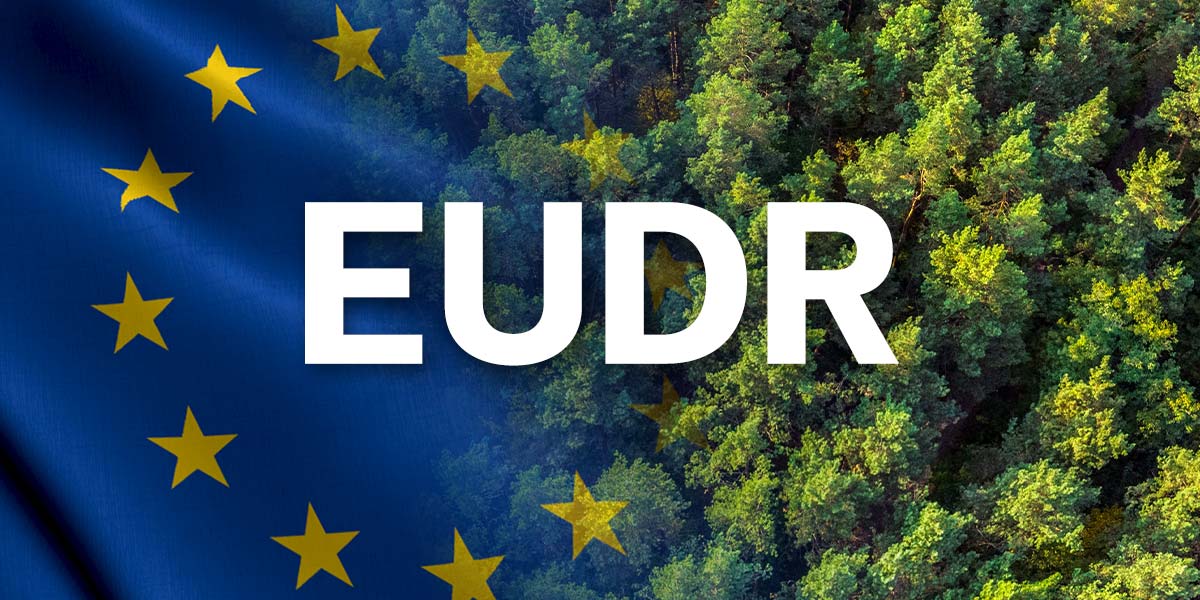The European Commission has proposed postponing the implementation of the European Union Deforestation Regulation (EUDR) by an additional year, shifting the deadline to December 2026. The move, announced as concerns surfaced over the Commission’s unprepared IT systems, is sparking criticism from conservation advocates and some EU lawmakers.
The European Commissioner acknowledged that the current IT infrastructure is inadequate to handle the regulatory requirements, possibly undermining the objectives of the EUDR and potentially disrupting related trade flows.
The regulation, once operational, will require producers of commodities frequently linked to deforestation, such as soy, cattle, palm oil, wood, cocoa, coffee, and rubber, to prove their operations have not contributed to deforestation since December 31, 2020. The law will apply to all EU imports and exports of the affected goods.
The EUDR was initially due for effect in December 2024, but industry resistance citing readiness concerns had already delayed its start to December 2025.
The EUDR itself has drawn scrutiny from conservation groups, who warn it could unintentionally disadvantage smallholder farmers or drive agricultural expansion to other sensitive regions like Brazil’s Cerrado savanna.
Christine Schneider, from the center-right European People’s Party, commented that the recurring delays indicate deeper flaws in the legislation, stating it can’t be fixed with further transitional periods or non-binding guidelines. Schneider aims to advocate for a “zero-risk” exemption for certain countries.
Meanwhile, Sam Lawson, director of Earthsight, contended that the delay punishes businesses that have invested in compliance, urging the European Parliament and Council to reject the Commission’s proposal and implement the law by the end of December as planned.
Jessika Roswall, European commissioner for environment, water resilience and a competitive circular economy, said that the delay would not only severely damage the objective of the measure, but also affect trade flows to the union as well.





